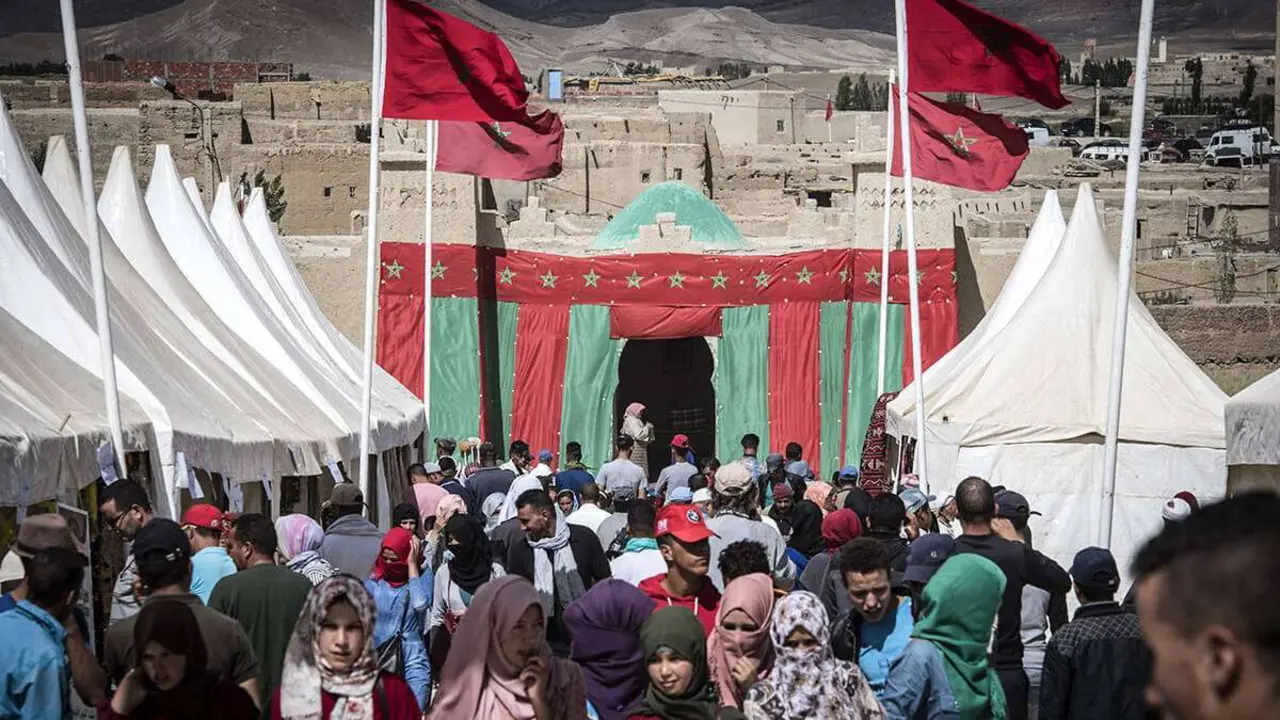Protection of civilians in armed conflict: war continues to devastate lives around the world

Far from abating, armed conflict continues to devastate civilian lives around the world, especially in cities. Last year alone, 94% of casualties in populated areas were citizens, the UN Secretary-General told the Security Council on Tuesday, citing his latest report on the protection of civilians.
As that study indicates, António Guterres put the number of people forced to flee their homes due to conflict, violence, human rights violations and persecution at 100 million.
This persistent violence was extended to other spheres such as health workers and schools, whose facilities were devastated and their staff wounded, kidnapped or injured, and humanitarian workers.
War causes hunger
Guterres went on to call it a "scandal" that more than 117 million people suffered from famine last year, mainly due to war and insecurity, and recalled that damage to critical infrastructure hinders food production, blocks food distribution and deprives people of clean water.
"Syria now has 40% less safe drinking water than at the beginning of the conflict. Fighters destroy crops and steal livestock; explosives contaminate fertile land; markets cannot function and prices soar," he listed.
Rising costs, to which Russia's invasion of Ukraine contributed by driving up the cost of food, energy and fertilisers around the world, "with terrible effects on the poorest".
World fails to respect international humanitarian law
After detailing a series of measures to mitigate the impact of conflict on civilians - protection of children, better access for humanitarian workers, a response plan to food insecurity, the Black Sea Grains Initiative - he said that "the stark reality is that the world is not living up to its commitments to protect civilians" under international humanitarian law.
"We must never lose sight of the meaning and purpose of international humanitarian law: it represents the difference between life and death, between moderation and anarchy. (...) But a right ignored is a right undermined," he stressed.
Peace is the best form of protection
The Secretary-General called on member states to step up efforts in conflict prevention, in the protection of civilians, in peacekeeping and in the search for political solutions to war.
For guidance, he highlighted the forthcoming publication of a policy brief entitled "A New Agenda for Peace", which will serve as preparation for the Summit of the Future to be held in September 2024.
"It will provide Member States with a holistic and time-bound approach to addressing peace and security in a changing world," he said.
He also recalled the responsibility of states to investigate alleged war crimes, to prosecute perpetrators and to enhance the capacity of other states to do so.
Finally, he called for doing everything possible to "break the deadly cycle of armed conflict and hunger" by strengthening the economies of vulnerable countries, fulfilling commitments made to countries affected by the climate crisis and increasing contributions to humanitarian operations, "which - shamefully - are only 15% funded," he said.








